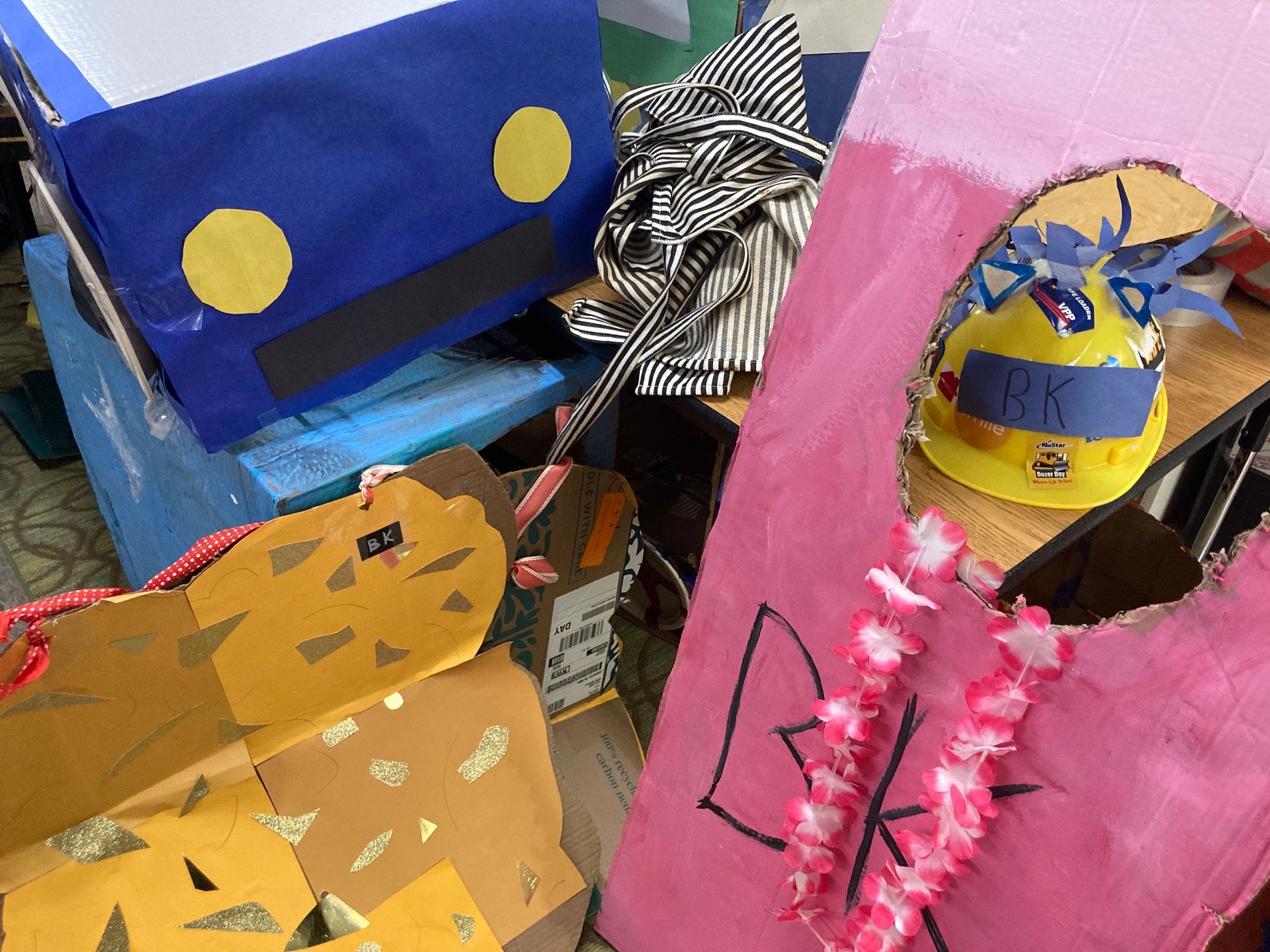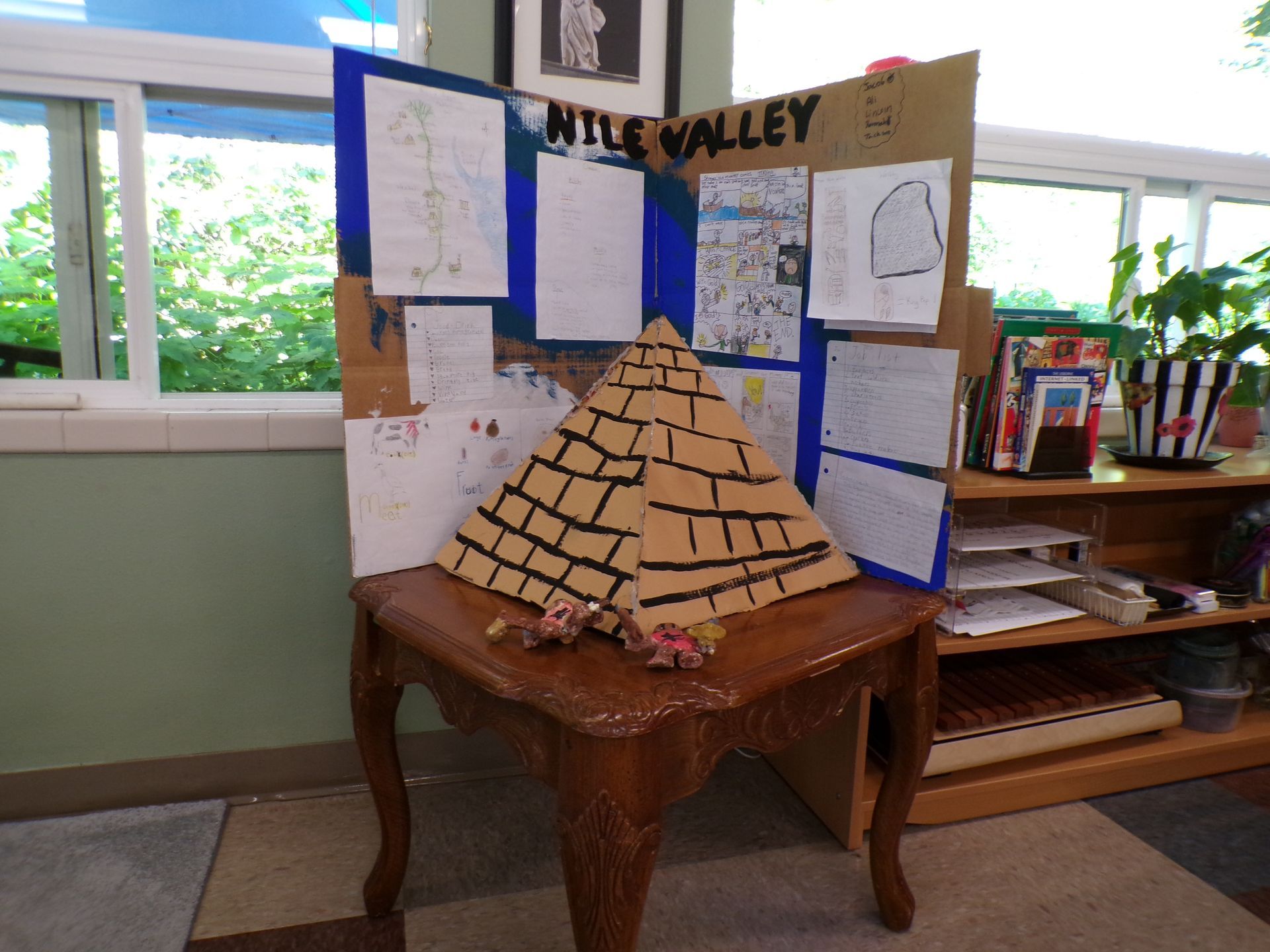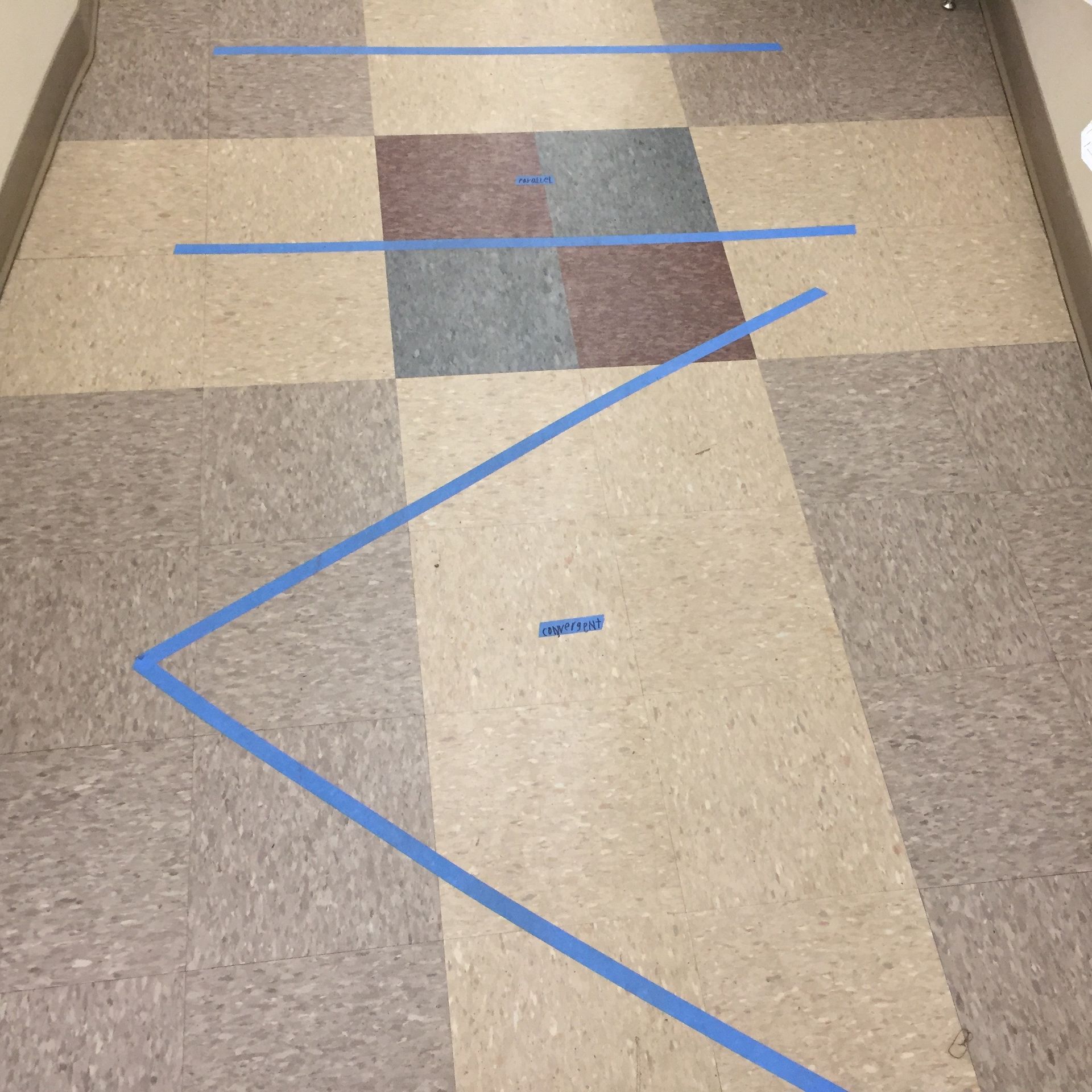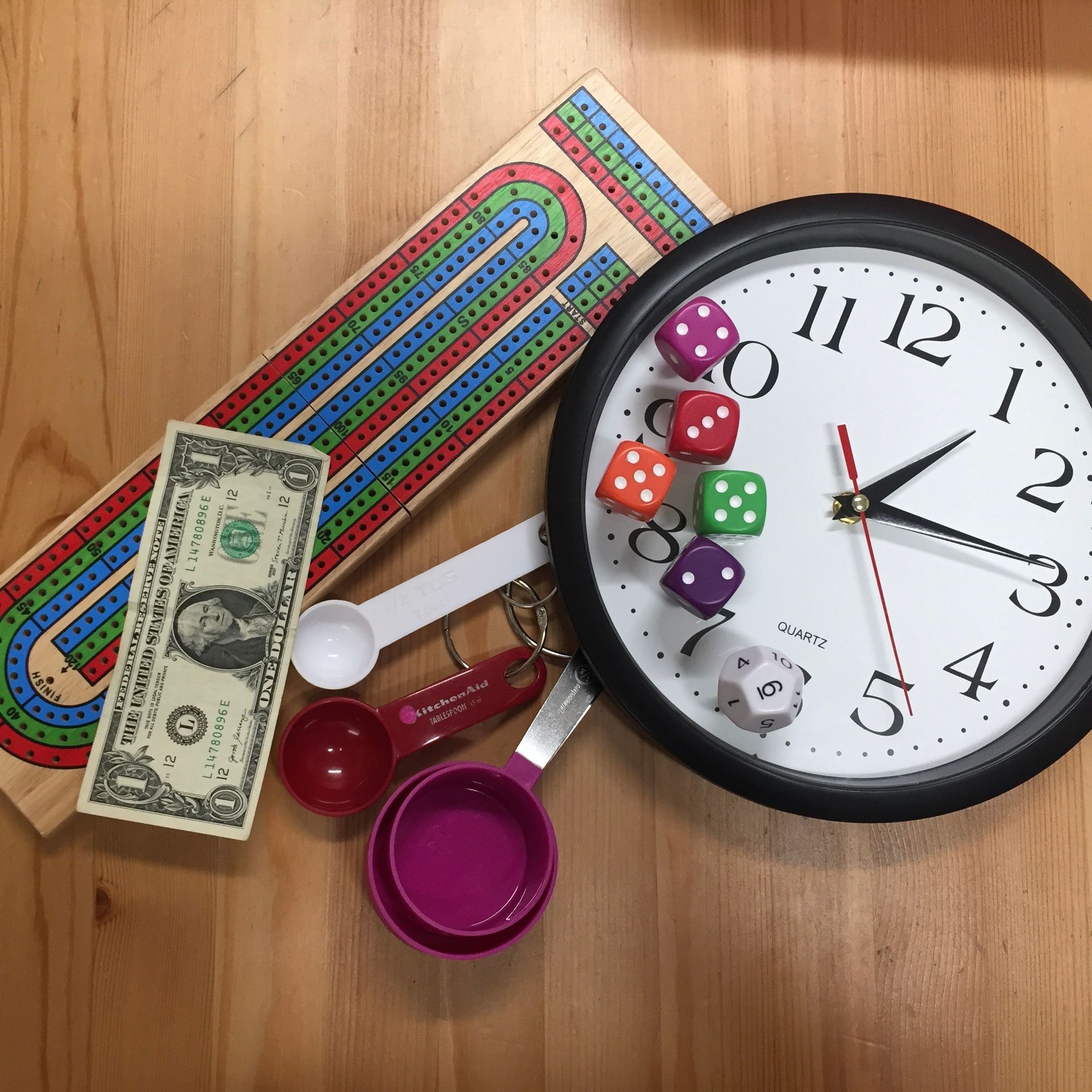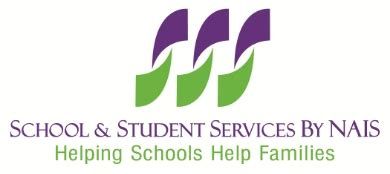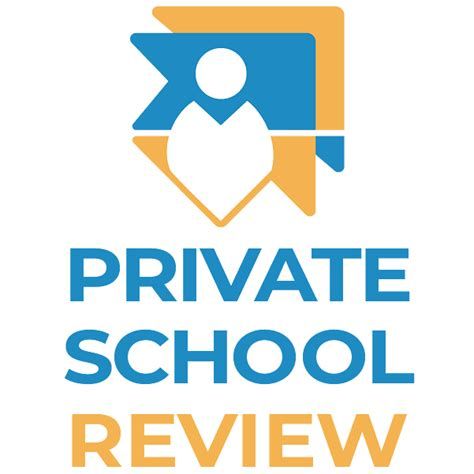Social and Emotional Skill Building at Cascadia Montessori
Why do we spend so much time on social and emotional skill building?
We treasure academic skills and have so many great lessons to share with the children! But the more a child feels a sense of belonging and security, the greater their intellectual potential. And social-emotional skills, like being able to recognize and process big emotions, making and maintaining healthy friendships, learning from and resolving conflicts, and learning how to accept others who are different from us, are ALL part of becoming happy, healthy, successful adults!
So yes, math, language, science, history, geography, art, music…these areas of study make up the heart of Cosmic Education for children in the elementary, but we must always be working to prepare the child to receive these gifts and to co-exist peacefully within their smaller and larger communities.
So, how specifically do our Cascadia guides and staff promote healthy social and emotional development for students?
All of our classrooms spend a lot of time, especially at the beginning of the school year, building "good neighbor" skills, as Cedar guide Amy Ballard describes it. For the elementary ages, this means guiding the group in forming a set of rules and expectations for the classroom. It also involves planning routines and schedules with the children's input. What jobs need to be done to care for the classroom? How do we settle a disagreement (i.e. conflict resolution)? What can we do when we are feeling big emotions? How do we help everyone in our class to feel seen, heard, and included? Our Cedar middle schoolers work towards similar ends, but being adolescents, the process is a little different.
Class meetings and the adult's Grace and Courtesy lessons are two ways we regularly address children's social and emotional needs. Sometimes, guides or children will make skits to share how to handle specific situations the class might be struggling with, like how to clean up when you are finished eating a snack, or how to take turns using a class material. We use humor and warmth to make connections.
Other activities include:
- Building strong relationships with each child (all adults in the environment, but especially the guide, who conferences regularly with each individual child)
- Helping children name feelings and introducing safe spaces in the school environment for children to experience them
- Teaching the steps of effective conflict resolution (our staff has had A LOT of training in this area)
- Using music and movement lessons to develop connections, community, and body awareness (using Orff instruction, for example)
- Coaching children to speak up and to find ways to lead others (leadership skills are a huge part of Montessori education)
- Small group meetings with an adult to find solutions to specific challenging social situations
- Using social stories to prepare children to handle challenging situations successfully
- Promoting a mistake-friendly, growth mindset environment where children can feel comfortable challenging themselves and trying new things
- Sharing facts about how our brains work, and how we can strengthen social and academic skills
- Storytelling, and reading aloud books and novels that promote discussion, empathy, and problem-solving skills
We do so much more, but that's a good start!
A large part of success in supporting the development of social and emotional skills is working with you, the families, to support the specific needs of each child. Our goals for Cascadia students are (1)
to empower each child to advocate for themself (and for others) when conflicts arise, (2) to empower each child to set healthy boundaries in their relationships, (3) to teach emotional regulation skills, and (4) to help children learn to take responsibility for their actions.
The Association Montessori Internationale (AMI) has
this to share on social-emotional learning in an authentic Montessori environment.



